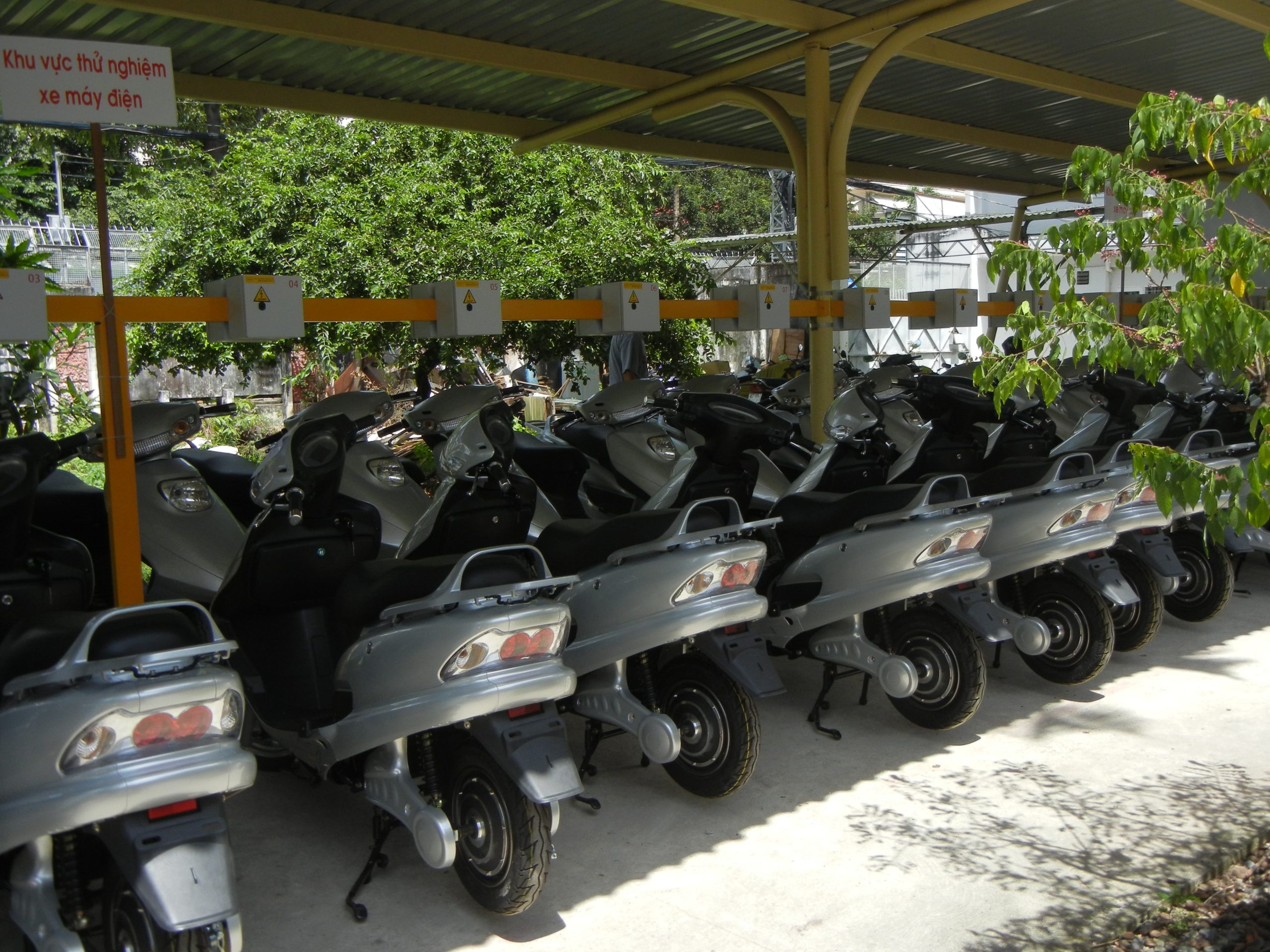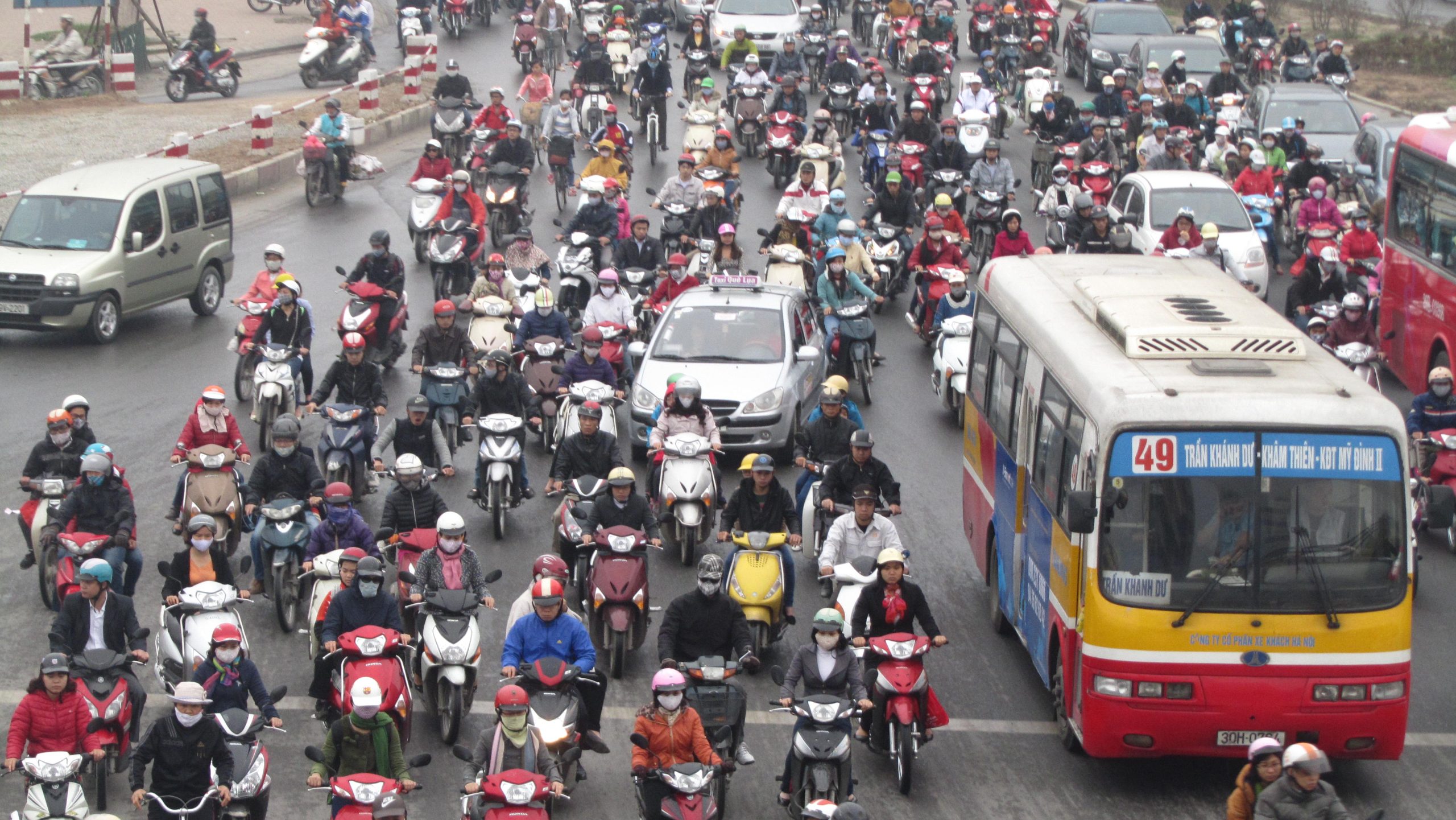- Projects & Programmes
- Business model for solar-charged e-bikes in Vietnam
Our Portfolio
Business model for solar-charged e-bikes in Vietnam
Background
Studies have found that as much as 40% of emissions in the city of Hanoi come from motor vehicles; motorcycles being the primary source. Electric two-wheelers (e-bikes) offer a potential solution to this air pollution problem.
Combining this innovative technology with a social entrepreneurship model can contribute to reduced CO2 emissions (thus also to climate change mitigation) and promote renewables and energy efficiency more generally. In addition,this combination has the potential to improve incomes for the poor, and contribute to the Vietnamese government’s goal of providing suitable jobs for 250,000 disabled people by 2015.
This project will analyse the potential e-bike market, the available technologies and costs, and develop a business model integrating the disadvantaged. Good quality, affordable vehicles will be provided to students, who will recharge at solar-powered stations operated by the disabled. Public awareness and disseminating the lessons learnt to policy-makers will maximise the potential for replication in other cities.
Image (left): E-bikes at a charging station in Hanoi

Purpose
To create an innovative business model for recharging and servicing e-bikes in Hanoi that alleviates poverty among the poor and handicapped, reduces CO2 emissions and is ready for up-scaling.

Main Activities
- Develop a baseline study on the awareness, usage and costs of e-bikes; incomes of poor disabled persons in Hanoi; and on knowledge of RE and EE implementation in transport sector at government ministries
- Conduct a feasibility study testing e-bike acceptance, technology, costs
- Develop a business model with poor and disabled people as operators of solar recharge shelters (SRSs) and handling repairs and maintenance
- Quantify the potential CO2 reduction
- Test the technical feasibility and commercial potential of the SRSs
- Implement a pilot project to produce first-hand data and results on e-bike and SRS technology, as well as the social business model
- Communicate and disseminate lessons learnt among policy-makers and relevant CSOs/NGOs
Expected Impact
- First-hand data on innovative, feasible technology solutions to reduce CO2 available for decision-makers
- Proven commercial potential for e-bikes and solar recharging; e-bikes winning 20-40% of future motorcycle market
- Improved livelihoods for poor and disabled people; an example of social entrepreneurship best practice
- Reduced fuel expenses for students and poor for daily transportation
- Increased awareness of innovative ebikes and solar energytechnologies among the public and decision-makers for replication in other cities – and for adjustment of ebike-friendly policies